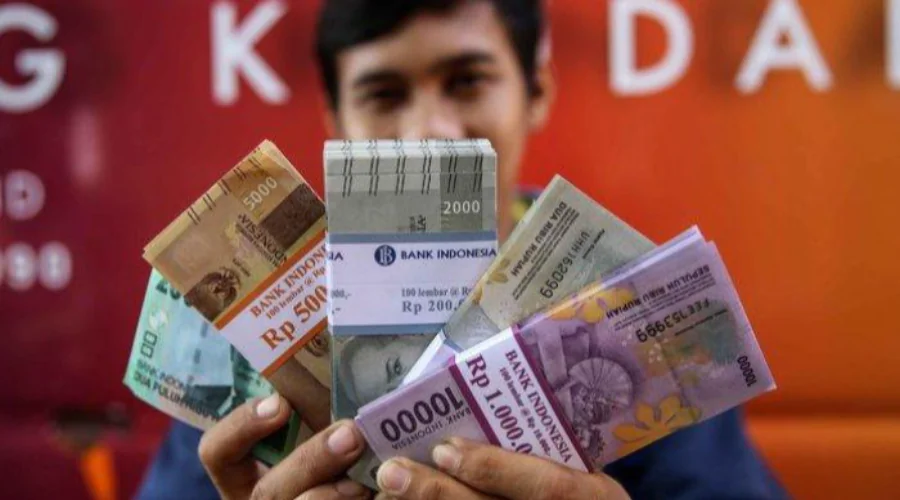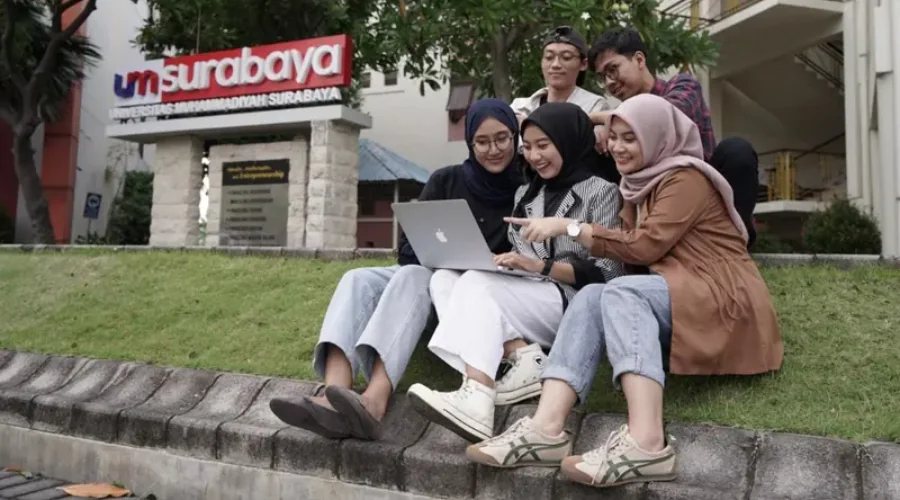
- 11 Apr
- 2023
Ilustrasi gambar (KOMPAS.com/GARRY LOTULUNG)
The law of exchanging money, does it include usury? The following is the Explanation of the UM Surabaya Lecturer
The phenomenon of exchanging money ahead of Eid has become a tradition in society. The context of this exchange is usually called trading money for money. Judging from Islamic law, the process of trading money is still often debated. Although, the MUI (Indonesian Ulema Council) through the National Sharia Council (DSN) has issued a fatwa number 28/DSN-MUI/III/2002 concerning the Sale and Purchase of Currency (Al-Sharf).
One of the considerations is that 'urf tijari (trade tradition) currency buying and selling transactions are known as several forms of transactions whose legal status in the view of Islamic teachings differ from one form to another. With conditions must meet the following conditions;
- First, not for speculation (chance)
- Second, there is a need for transactions or just in case (savings).
- Third, if transactions are made in similar currencies, the value must be the same and in cash (attaqabudh).
- Fourth, if there are different types, it must be made at the exchange rate (exchange rate) that was in effect at the time the transaction was made and in cash.
Arin Setyowati Lecturer in Sharia Banking at the Faculty of Islamic Religion (FAI) UM Surabaya said, in the context of the issue of exchanging money for similar currencies, when exchanging money there is no additional money paid for the new denominations to be exchanged, nor is there a reduction in the number of denominations new given to the exchanger. then it's legal.
"However, if in exchanging money there is a difference in the amount received or given by both parties in the same currency in cash, then the law is unlawful and includes the category of riba practices in cash. Namely the Riba Fadhl category,” said Arin Monday (10/4/23)
He gave an example, Person A handed over one million rupiah in exchange for a new denomination worth one million rupiah. However, the money received was only 970 thousand rupiah.
However, if the money being exchanged is not the same, then returning to the original legal principle is permissible, as is the general provision at the beginning of the fourth point.
"For example exchanging Rupiah for dollars, the transaction is carried out at the exchange rate (exchange rate) that applies when the transaction is made and in cash. Given that the exchange occurs between commodities and means of payment, "concluded Arin.









(0) Comments